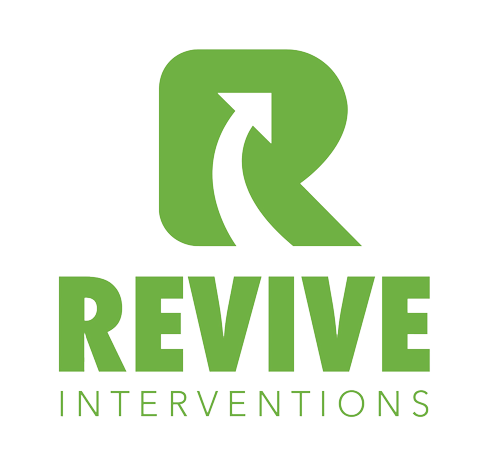Having a friend or family member that is addicted to alcohol can be a troubling experience for everyone involved. The one thing to note is that alcoholism is a disease and there are ways to get help. It may seem at times to be impossible to deal with the side effects of alcoholism but there are ways to effectively deal with the situation and get the person the help they need.
You’ve probably heard about interventions and how they can help people addicted to drugs and alcohol. Now, you may be wondering how to tell if it’s time to intervene and how to do so properly. That’s why we’re here. In this post, we’ll outline the signs of alcoholism, how to tell if it’s time to intervene, and how to do an intervention for an alcoholic. No one should have to do it alone and that’s why we here at Revive Interventions are here to help.
What Are the Signs of Alcoholism?
Many signs can signal that someone has a problem with alcohol and has developed alcoholism. Any combination of these signs can mean that the person has an addiction to alcohol and needs help.
The first, and most likely the most obvious sign of alcoholism, is when a person prioritizes the need to drink alcohol over the need to do other important life tasks, such as spending time with family and friends, attending required work functions, etc.
Another sign and one that may go missed by many is that a person drinks heavily when they do decide to drink. Many people assume that if a person does not drink daily or weekly that they do not have alcoholism. In fact, binge drinking is an early sign of alcoholism that can lead to later complications.
A third sign is a need for alcohol in a non-social environment. This can signal that a person is consuming alcohol, not as a means of socialization, but in order to cope with day-to-day life stresses and other issues. Using alcohol as a coping mechanism is a trait that often leads to alcoholism.
Lastly, and most troubling is the need for alcohol daily. If a person has reached the point where they seem to need alcohol on a daily basis, then they most likely have full-blown alcoholism. Often in these cases, the need for alcohol will replace the need for other basic necessities like food in favor of more alcohol.
At this point, a person may already be experiencing medical complications as a result of drinking alcohol.
When Is It Time to Intervene?
Unfortunately, every person is different and every case of alcoholism is different as well. The general rule of thumb is that once drinking has become an interference to the person’s life or health, it is time for an intervention.
You may hear talk of so-called, “high functioning” alcoholics. This is a common misconception that often makes people feel that someone is okay when they are not. Alcoholism is a disease that slowly and gradually damages the body and can have dangerous and deadly side effects.
Once a person starts to prioritize alcohol over the well-being of themselves and others, it is time to stage an intervention.
How to Do an Intervention for an Alcoholic
The first thing to note is something that you may have already experienced. You can’t force a person who is battling alcoholism to get help. Oftentimes confrontation leads to denial and conflict.
If you intend to try and hold an intervention yourself, the key is to hold it in a calm neutral environment so that the person feels as at ease as possible.
Second, try to remain supportive and encouraging throughout the process. Personal testimony and statements of support can go a long way to getting a person to seek the help they need.
Pointing out the harms that alcoholism has caused is acceptable, but do so calmly and lovingly in a way that reminds the person how much they are cared about. The important thing to remember is that you are trying to get them to seek the help they need. Any sign of conflict may cause a person to retreat into denial.
Reach Out to Revive Interventions Today
If you find that an intervention is not possible alone or without professional help, then it is important to get the help you need from professionals like us here at Revive Interventions. Once a person has agreed to seek treatment, there are a number of solutions available to help them get on the path to recovery.

No comment yet, add your voice below!